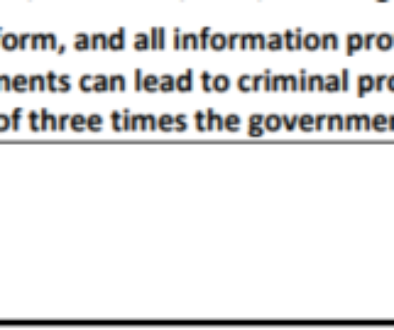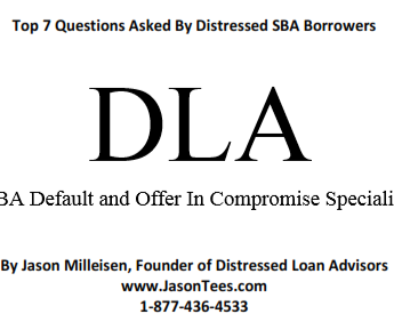So your dream of having a successful business have perished (for now at least). You’ve made the difficult decision to close your doors for good, as your losses have mounted, month after month. After much soul searching, you have conferred with business partners, advisors, and your family, finally reaching the conclusion that the current version of your business is a far cry from what you imagined it would be. Bottom line: It just ain’t worth it any more.
Unfortunately, closing your doors is only one small part of this process. When you took that business loan to finance your business, you signed a personal guaranty. That guaranty states unequivocally that you will personally repay the loan in the event that the business cannot. Of course, that business was your sole source of income, so there is no way you can continue to make payments on it.
So now what?
Once the business is closed, and all the business assets are sold, it’s time to think about settling your debt. In the present economy, more than ever , banks are willing to settle outstanding debt. Why? Because it costs money to sue you. It costs money to sic a collection agent on you. It costs money to collect on a personal judgment. It costs money to foreclose on you. In other words, if you come to the table, they are willing to talk.
So settling debt is great for banks, but what’s in it for you?
- No Personal Judgments – When a personal judgment is granted against you, this means that whoever the judgment is in favor of has the legal right to take your personal assets and sell them. In most cases, if the debt is settled right after business closure, the bank will not seek a personal judgment against you.
- No Need For Bankruptcy – If you can work out a deal with a bank, you won’t need to worry about the bank coming after you. Remember, if you go the BK route, it will remain on your credit report for years, and you will always need to answer “yes” on any credit application, job application, or even apartment application for the rest of your life. BK is the right answer for some, but not a necessity for everyone. Settling debt shows that while you did not fulfill the obligation in full, you didn’t simply walk away either.
- Move On With Your Life – As many small business owners can attest, the psychological burden of wondering if or when the banks lawyers will come calling is just as bad as whatever might actually happen. Settling your debt can put the potential of future litigation to rest, so you can move on to your next venture.
- Prevent Foreclosure – If you pledged your home as collateral for your business loan, you run the risk of foreclosure if the bank feels that there is sufficient equity in your home to do so. Even if there is no equity in your home, the bank can simply wait until you go to sell it, at which point you will need to negotiate a release of the lien. (Note: there’s no reason that you can’t negotiate the release of a lien on your home sooner than later).
- Keep Your Home Free of Liens – Even if you didn’t pledge your home originally, once a lender obtains a judgment against you, they can seek to have a judgment lien place on the home. Again, this would mean that the lien would need to be satisfied if you ever try to sell your home.
Distressed Loan Advisors (http://www.JasonTees.com) offers expert advice about dealing with SBA Loan Default and Forgiveness, and can be reached at . or..


